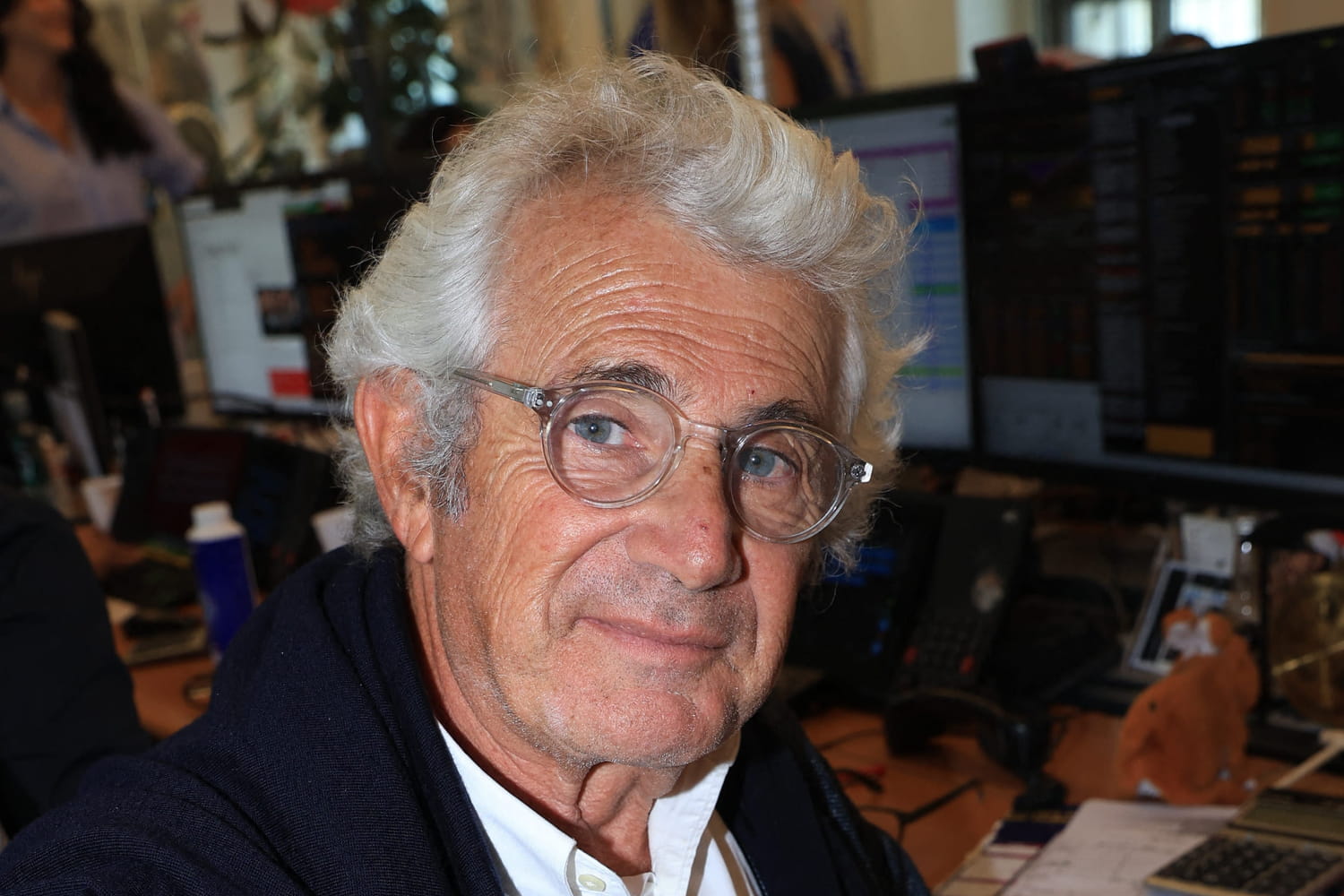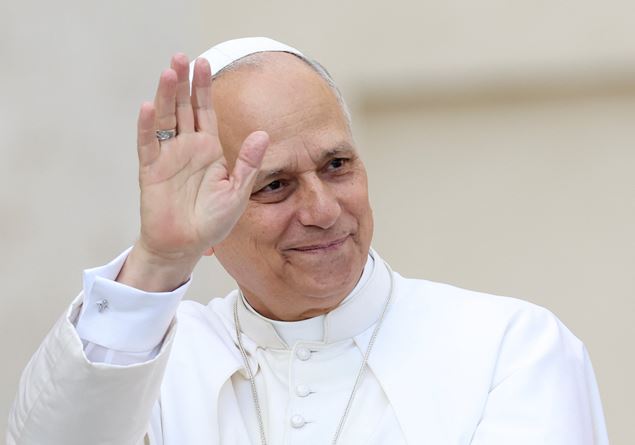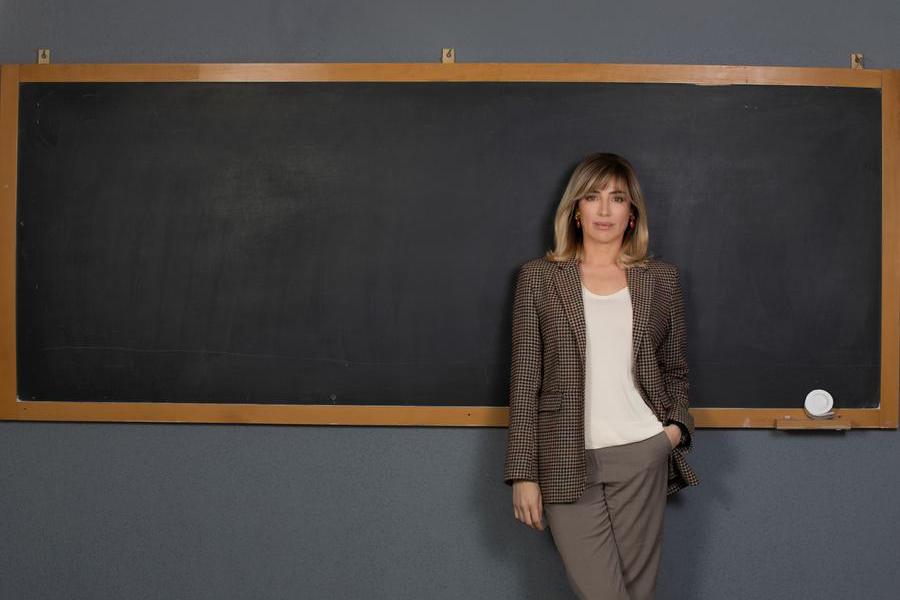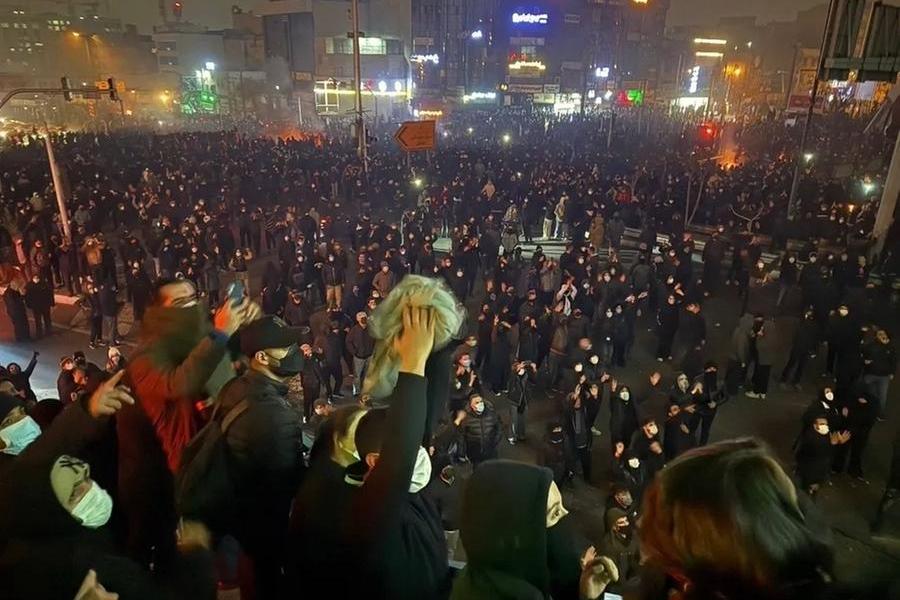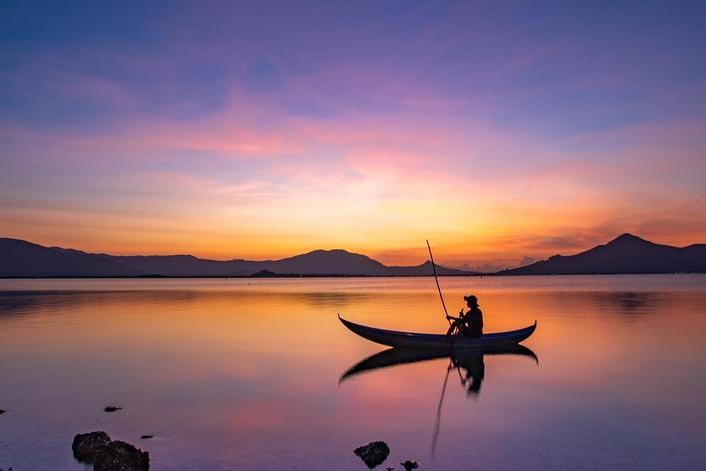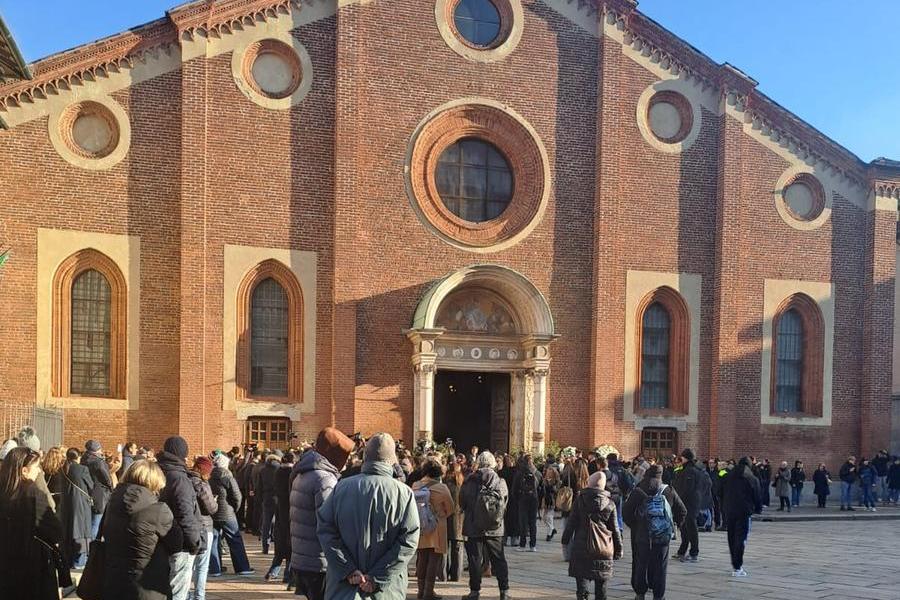“We would like to be happy, but we struggle to be happy.” Pope Leo starts from this consideration for the Wednesday catechesis on “Jesus Christ our hope”.
Following the Gospels, from birth to resurrection, says Prevost, we find in Jesus the firm foundation of our hope. We check our life in the light of the Gospel and we realize that it is «punctuated by countless events, full of different nuances and experiences. Sometimes we feel joyful, other times sad, sometimes satisfied, or stressed, gratified, demotivated. We live busy lives, we concentrate on achieving results, we manage to achieve even high, prestigious goals. Conversely, we remain suspended, precarious, waiting for successes and recognitions that are slow to arrive or do not arrive at all.” The paradoxical situation is that we seek happiness which, however, we are unable to obtain continuously and without shadows. Let’s deal with our limit and, at the same time, with the irrepressible urge to try to overcome it. We feel deep down that we are always missing something.” But we were not “created for lack, but for fullness, to enjoy life and life in abundance, according to the expression of Jesus in the Gospel of John”. And this question of fullness «can find its ultimate answer not in roles, not in power, not in having, but in the certainty that there is someone who guarantees this constitutive impulse of our humanity; in the knowledge that this expectation will not be disappointed or frustrated.” It is this certainty that coincides with hope. This is not banal optimism. This often “disappoints us, sees our expectations implode, while hope promises and delivers”. The guarantee of this is the risen Jesus. «He is the source that satisfies our thirst, the infinite thirst for fullness that the Holy Spirit instills in our heart. The Resurrection of Christ, in fact, is not a simple event in human history, but the event that transformed it from within.” Pope Leo invites us to think about the characteristics of the water source that «quenches thirst and refreshes creatures, waters the earth, the plants, makes fertile and alive what would otherwise remain arid. It gives refreshment to the tired traveler by offering him the joy of an oasis of freshness. A source appears as a free gift for nature, for creatures, for human beings. Without water we cannot live” And he explains that “the Risen One is the living source that does not dry up and does not undergo alterations. It always remains pure and ready for anyone who is thirsty. And the more we taste the mystery of God, the more we are attracted to it, without ever remaining completely satiated.” He quotes Saint Augustine and his Hymn to Beauty: «You poured out your fragrance, and I breathed and longed for you, I tasted and I am hungry and thirsty; you touched me, and I burned with desire for your peace” to say that “with his Resurrection, he has ensured us a permanent source of life: He is the Living One, the lover of life, the victorious over all death. Therefore he is able to offer us refreshment on our earthly journey and ensure perfect peace in eternity. Only Jesus, who died and rose again, answers the deepest questions of our heart: is there really a point of arrival for us? Does our existence make sense? And how can the suffering of so many innocents be redeemed?”. The answers do not come from above, because Jesus “becomes our companion on this often tiring, painful, mysterious journey. Only He can fill our empty water bottle when thirst becomes unbearable.” It is the arrival point of our pilgrimage. «Without his love, the journey of life would become an aimless wandering, a tragic mistake with a missed destination. We are fragile creatures. Error is part of our humanity, it is the wound of sin that makes us fall, give up, despair. Risorgimento instead means getting up and standing up. The Risen One guarantees the landing, leads us home, where we are expected, loved, saved. Making the journey with Him at your side means experiencing being supported despite everything, quenched and refreshed in the trials and hardships which, like heavy stones, threaten to block or divert our history.”



